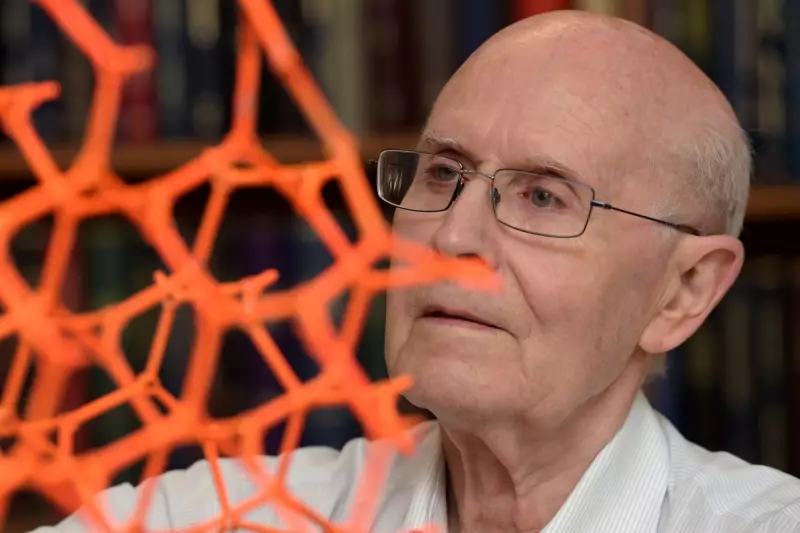
The Royal Swedish Academy of Sciences has crowned three brilliant minds with the 2023 Nobel Prize in Chemistry, celebrating their revolutionary discovery and development of quantum dots - minuscule particles whose extraordinary properties are transforming everything from television screens to cancer treatments.
The Quantum Pioneers
This year's prestigious award is shared between Moungi Bawendi from MIT, Louis Brus of Columbia University, and Alexei Ekimov from Nanocrystals Technology Inc. Their separate but complementary work spanning decades has unlocked the secrets of these nanoscale marvels that now permeate modern technology.
What Are Quantum Dots?
Quantum dots are tiny semiconductor particles, mere millionths of a millimetre in size, that possess remarkable optical properties dictated by quantum mechanics. Their most fascinating characteristic? They emit light of specific colours based purely on their size - smaller dots glow blue, while larger ones emit red.
A Colour Revolution
The practical applications have been nothing short of revolutionary:
- QLED television screens delivering breathtaking colour accuracy
- Medical imaging allowing surgeons to track tumours with unprecedented precision
- Flexible electronics and solar cells pushing technological boundaries
- Potential applications in quantum computing that could redefine computing power
Decades in the Making
The journey began in the 1980s when Alexei Ekimov first created size-dependent quantum effects in coloured glass. Louis Brus followed by demonstrating similar phenomena in floating particles, while Moungi Bawendi's 1993 breakthrough production method finally made these particles of consistent quality and size - opening the floodgates for commercial applications.
The Nobel Committee emphasised that we're only beginning to explore quantum dots' full potential. As one committee member noted, "These tiny particles have brought enormous benefits to humankind, and their story exemplifies how fundamental research can lead to practical applications that change our world."





